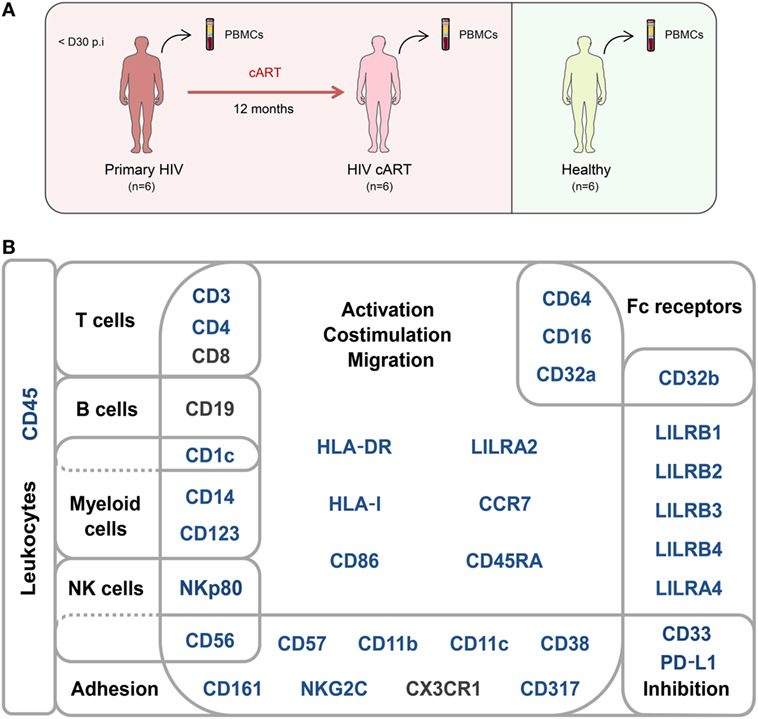IJMS, Free Full-Text
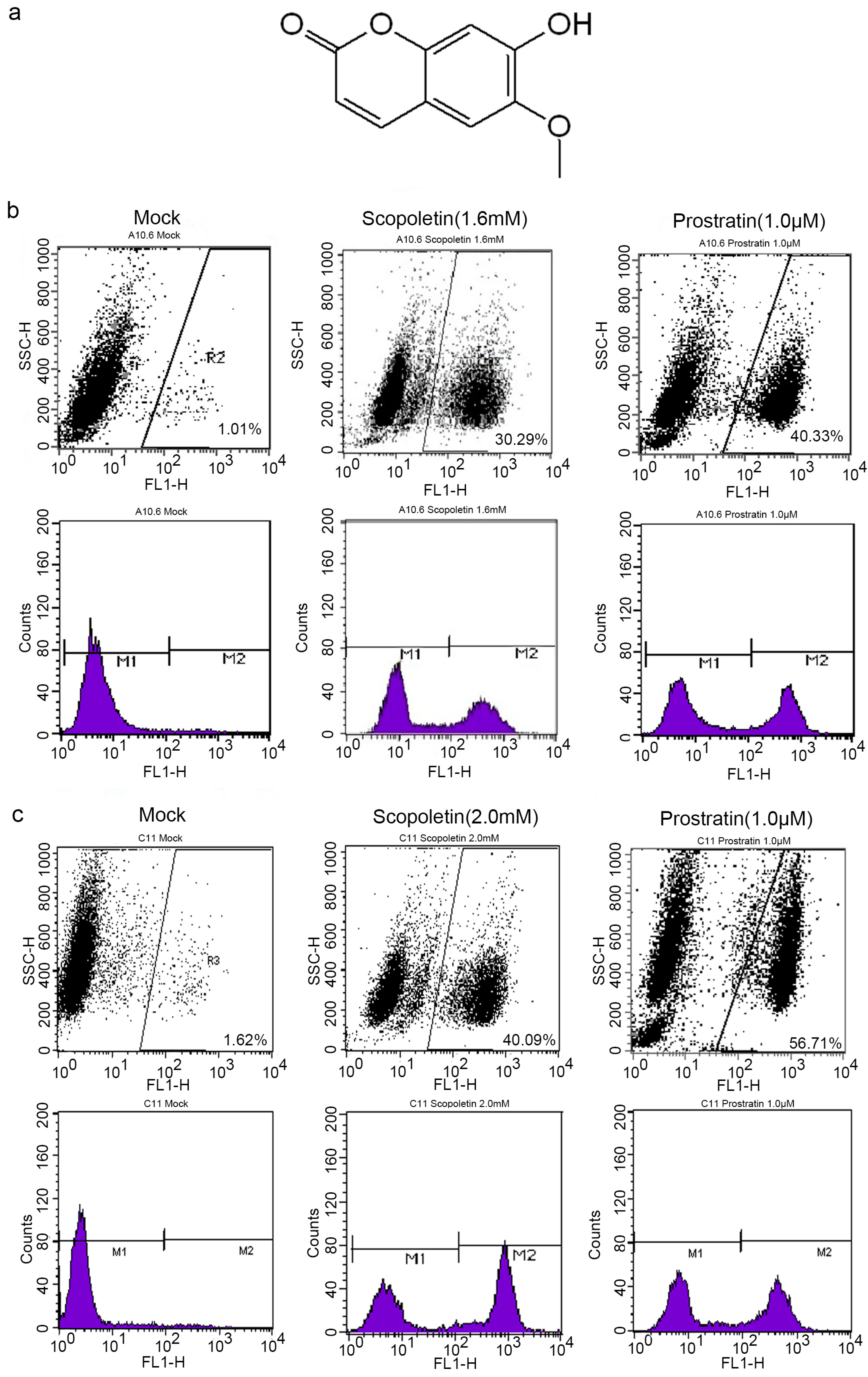
Reversing HIV-1 latency promotes the killing of infected cells and is essential for cure strategies. However, current latency-reversing agents (LRAs) are not entirely effective and safe in activating latent viruses in patients. In this study, we investigated whether Scopoletin (6-Methoxy-7-hydroxycoumarin), an important coumarin phytoalexin found in plants with multiple pharmacological activities, can reactivate HIV-1 latency and elucidated its underlying mechanism. Using the Jurkat T cell model of HIV-1 latency, we found that Scopoletin can reactivate latent HIV-1 replication with a similar potency to Prostratin and did so in a dose- and time-dependent manner. Moreover, we provide evidence indicating that Scopoletin-induced HIV-1 reactivation involves the nuclear factor kappa B (NF-κB) signaling pathway. Importantly, Scopoletin did not have a stimulatory effect on T lymphocyte receptors or HIV-1 receptors. In conclusion, our study suggests that Scopoletin has the potential to reactivate latent HIV-1 without causing global T-cell activation, making it a promising treatment option for anti-HIV-1 latency strategies.
Submissions International Journal of Medical Students
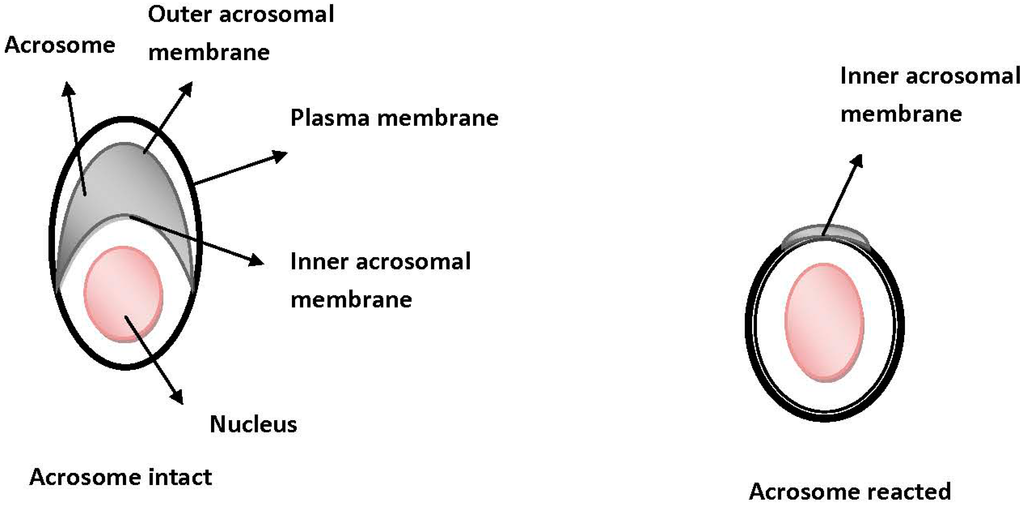
IJMS, Free Full-Text

IJMS, Free Full-Text, mdpope 1-3
Ijms Free Full Text Mitochondria Retrograde Signaling And The Uprmt

Submissions International Journal of Medical Students
Ijms Free Full Text The Phagocytic Function Of Macrophage Enforcing

International Journal of Molecular Sciences
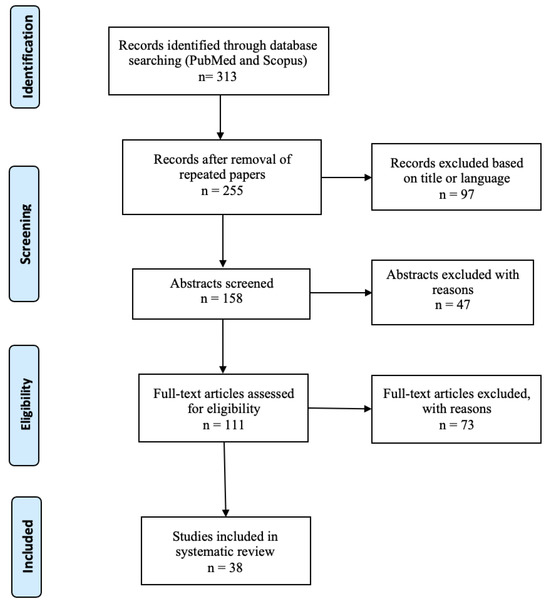
IJMS, Free Full-Text
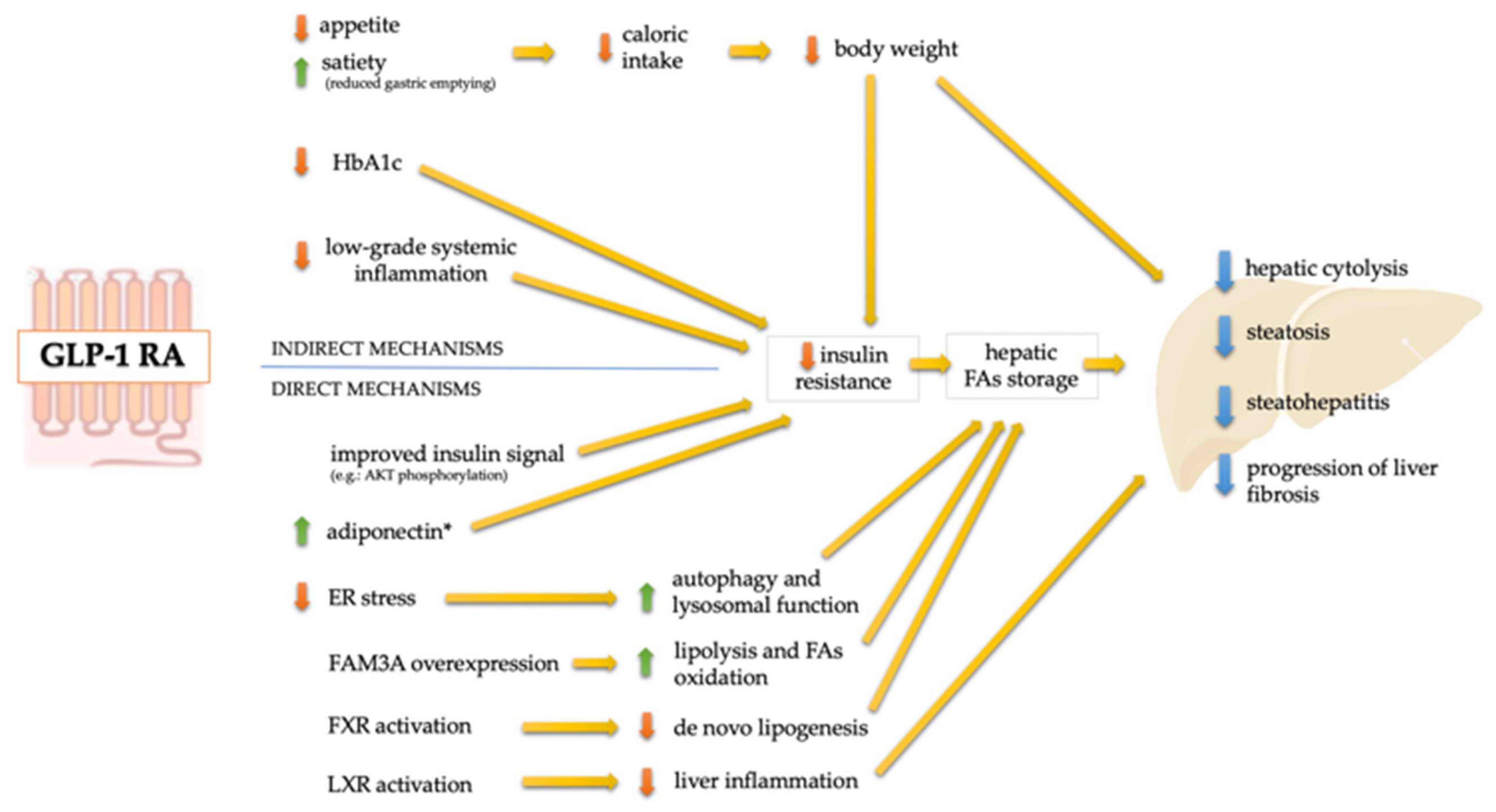
IJMS, Free Full-Text, glutamate
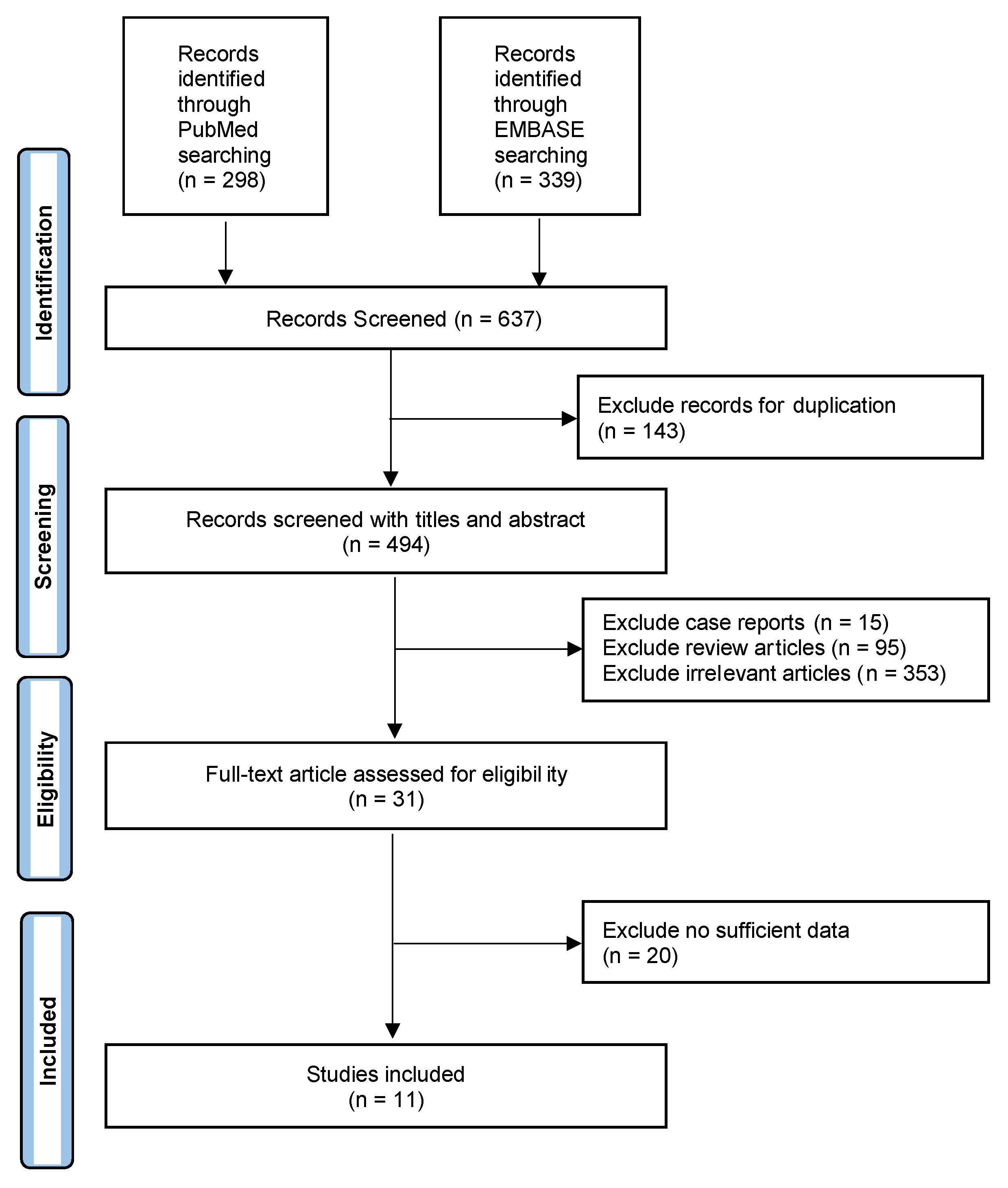
IJMS, Free Full-Text, Carrageenan









